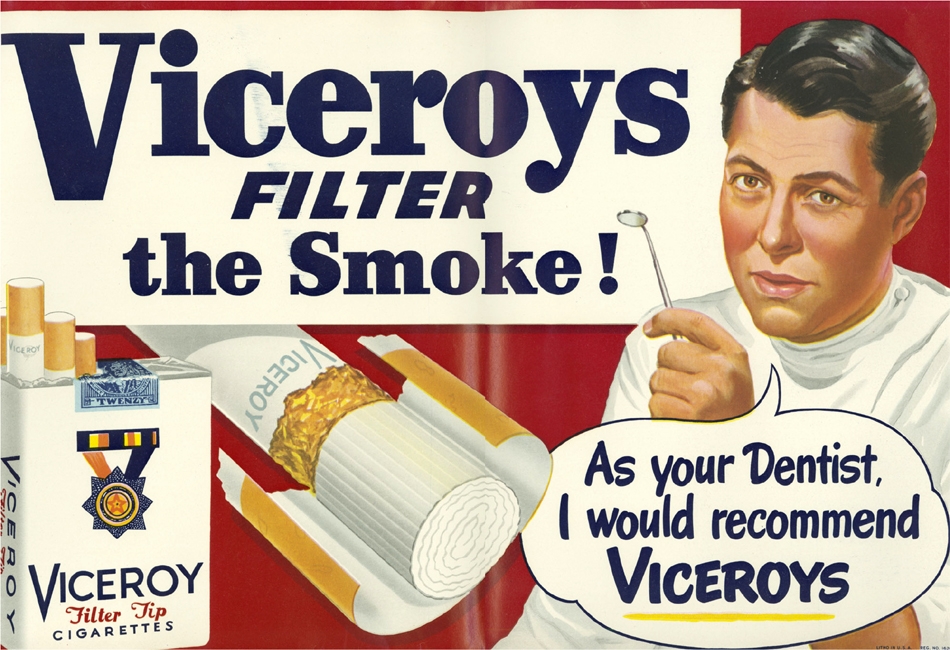 |
| Atheist Bus Campaign- Jan 2009 |
 |
| Viceroys cigarette advertisement |
One of the most recent changes in the Ofcom regulations is the allowing of 'Product placement' on UK television. Product placement has always been allowed in the USA and any film coming from USA to our UK screens always blurred out any brands featured. However, the new regulations allows for advertisers to seek new streams of revenue from product placement within TV shows.
As outlined by the Guardian: 'Four categories of content – films (which in this case includes dramas and documentaries); TV series including soap operas; entertainment shows; and sports programmes – will be free to use product placement.
Placement of alcohol and tobacco products is also barred and the same restrictions apply to gambling, medicines, baby milk and foods that are high in sugar or salt.
Other services that cannot be advertised on television, including escort agencies and weapons, have also been excluded from the new rules by Ofcom' http://www.guardian.co.uk/media/2010/dec/20/ofcom-product-placement-uk-tv
 This has already been put into action with music videos having the celebrity sporting branded clothing and accessories, such like Pixie Lott seen to be sporting Lacoste shoes in her music video 'Gravity'.
This has already been put into action with music videos having the celebrity sporting branded clothing and accessories, such like Pixie Lott seen to be sporting Lacoste shoes in her music video 'Gravity'.I don't know why this was never allowed before - quite rightly you cannot advertise in this way to children - however, why not to adults? Surely we are intelligent enough to spot celebrity endorsement, whereby we all don't run out and buy the products because it is seen as a recommendation? Ofcom has clearly seen the benefits which can come from product placement - especially in a time of retail struggle and celebrity craze.Ofcom estimate product placement to generate an annual value of £150m, and worth at least 5% of the total UK advertising market.
This has opened up a new and exciting way of advertising and communicating our message to our consumers through broadcasting, which is not just a static 30s advert. This lift also applies to radio, where DJ's and presenters can endorse products on air within radio shows - this has more risk of cluttering the airwaves and perceived as more 'annoying' to consumers as you are not relying on visuals and therefore not as subtle.
Are we edging to a country of blatant advertising? UK is known for its subtle and clever advertising, so lets hope we use product placement in the same way.
